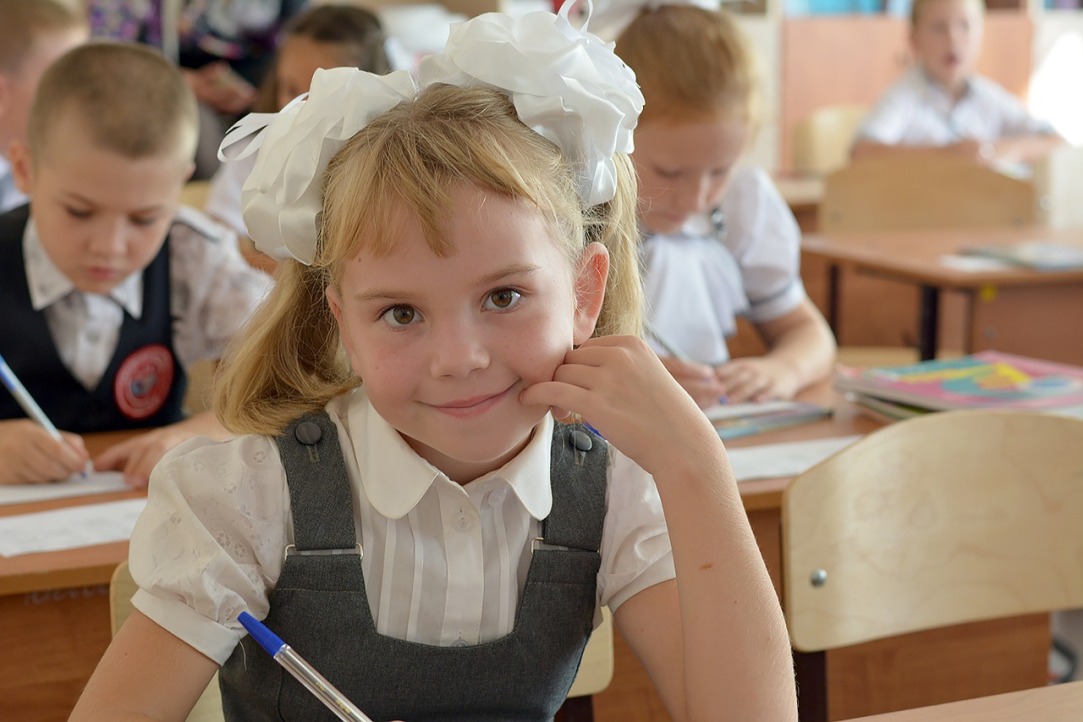International Student Research Conference at HSE St. Petersburg
On February 2-3, 2017 the Higher School of Economics in St. Petersburg hosted the International Student Research Conference. The campus became a meeting point for young researchers and professors from Belarus, Denmark, Finland, Germany, Hungary, Kazakhstan, Norway, Portugal, Russia, the UK, and Ukraine. For two days, participants attended lectures delivered by keynote speakers, presented posters and discussed issues of social informatics, applied data analysis, regional planning and development, sustainable tourism and development, modern Asia, finance, economic growth, logistics, usable pasts and political science. Sessions covered a wide variety of research interests.
-%D0%B2%D0%BE%D0%BB%D0%BE%D0%BD%D1%82%D0%B5%D1%80%D1%8B%20%D1%81%20%D0%BC%D0%B5%D1%88%D0%BA%D0%BE%D0%BC.jpg)
Who Finances Charities
The belief that the non-profit sector is mainly supported by private donations is nothing but a myth. According to Natalia Ivanova's study Foreign Experience of Government's Impact on Philanthropy and Its Applicability in Russia, government support accounts for a substantial part of charity budgets.
.jpg)
One’s Ability to Make Money Develops Before Birth
Researchers from the Higher School of Economics have shown how the level of perinatal testosterone, the sex hormone, impacts a person’s earnings in life. Prior research confirms that many skills and successes are linked to the widely known 2D:4D ratio, also knows as the digit ratio. This is the ratio of the index and ring fingers, and it is considered a reflection of the level of perinatal testosterone, the male hormone of the mother that acts on the development of the offspring during pregnancy.
'What Convinced Me to Come Here Was HSE's Focus on Research'
Frank Fisher, Associate Professor in the School of Linguistics, moved to HSE in 2016, having previously worked at Göttingen Centre for Digital Humanities. With his significant experience in the field, Frank instantly gave boost to digital humanities research at HSE. He became the co-founder of the Centre for Digital Humanities at HSE and is leading a new Junior Research Group on digital literary research. In January Frank became a co-director of DARIAH, a pan-European research infrastructure, with hopes to leverage his involvement there to the benefit of research projects at HSE.
-%D0%B4%D0%B5%D0%BD%D1%8C%D0%B3%D0%B8-%D0%BA%D0%B0%D0%BB%D1%8C%D0%BA%D1%83%D0%BB%D1%8F%D1%82%D0%BE%D1%80.jpg)
Piggy Bank in Crisis, or How Russians Save
More than half (51%) of Russians did not make savings before the current economic crisis and are not making any today. As of the end of 2016, 70% of Russians did not have any outstanding loans or debts. Researchers of the HSE Institute for Social Policy (ISP) examined Russians' borrowing and saving behaviour in the ‘Monitoring of Russian Population in 2016: Revenues, Expenditures and Social Well-being’.
-%D0%BF%D0%B5%D0%BF%D1%82%D0%B8%D0%B4%D1%8B.jpg)
Computer Modelling Used to Create New Generation Medicines
Structure and Dynamics of α-hairpinin Peptide Tk-hefu2 in Water: Computer Simulations, an article in which HSE researchers make discoveries relevant to a variety of fields, including mathematics, information science, physics, and biology, opens up new opportunities for medicines to arise that regulate the function of potassium channels that ensure the vital functioning of human cells.

HSE Researchers Compare Performance in Mathematics for Children Starting School in Russia, Scotland and England
Researchers from the HSE Institute of Education have adapted and begun using an assessment tool for comparing the knowledge and skills of children starting school. Their first results were obtained from a sample of children starting school in Russia and the UK.

Scientists Reveal Relationship between Perfectionism and Insomnia
For perfectionists, sleep quality is often far from perfect. However, perfectionism per se seems to be just part of the story; another important factor is a perfectionists' tendency to experience frequent symptoms of anxiety, sometimes for relatively minor reasons. These are the findings made by a team of Russian and UK sleep researchers, published in the January 2017 issue of Personality and Individual Differences journal.
Mandelstam Centre: 2016 Results
2016 marked 125 years since the birth of Osip Mandelstam. Pavel Polian (Nerler), Director of the Mandelstam Centre, summarized the results of its years’ work

New International Laboratories Opening up at HSE
On December 23, 2016, the HSE Academic Council approved the creation of four new laboratories: the International Laboratory for the Study of Russian and European Intellectual Dialogue, the International Laboratory for Population and Health Studies, the International Laboratory of Deep Learning and Bayesian Methods, and the International Laboratory for Supercomputer Atomistic Modelling and Multi-scale Analysis.

